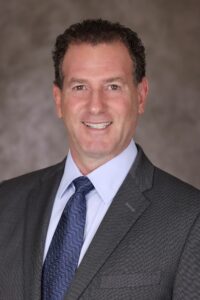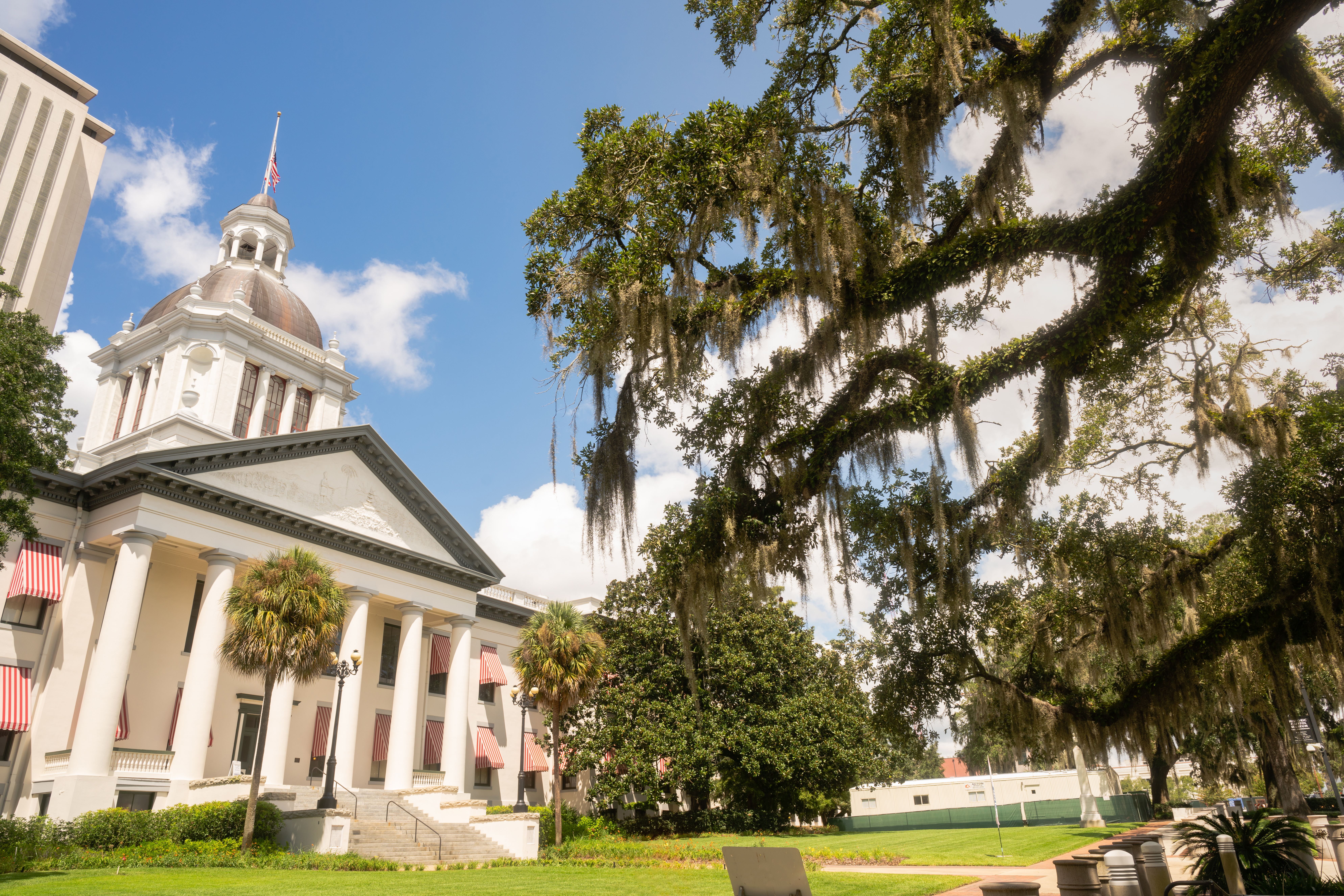BLOG
 The firm’s latest Miami Herald “Real Estate Counselor” column is authored by shareholder Gary M. Mars and appears in today’s edition of the newspaper. The article, which is titled “National Media Focuses on Impact of Florida’s New Condo Safety Law on Association Budgets,” begins by discussing a recent segment on Fox Business Network’s Mornings with Maria show about the financial repercussions of Florida’s new condominium safety law on the state’s condo associations and their unit owners. It reads:
The firm’s latest Miami Herald “Real Estate Counselor” column is authored by shareholder Gary M. Mars and appears in today’s edition of the newspaper. The article, which is titled “National Media Focuses on Impact of Florida’s New Condo Safety Law on Association Budgets,” begins by discussing a recent segment on Fox Business Network’s Mornings with Maria show about the financial repercussions of Florida’s new condominium safety law on the state’s condo associations and their unit owners. It reads:
. . . The host and panelists point out that the mandates for reserves and engineering safety inspections/reports represent new expenses that will need to be borne by condo owners. Their message to recent buyers or those who may be considering a condo in the Sunshine State: Do your homework and come to terms with the fact that the current monthly association dues for many properties are very likely going to see substantial increases in the near future.
Panelist Mitch Roschelle also bemoans that after the Champlain Towers South tragedy, many condominium owners in the state are no longer willing to serve on their board of directors for fear of exposure to potential legal liabilities for their votes and decisions.
While it did paint a particularly gloomy outlook for the state’s condo associations and owners, this recent morning news show segment was not the first and certainly will not be the last of the national news media reports focusing on the coming increases in Florida condominium association budgets created by the state’s new safety reforms. There is no doubt that many properties are going to need to increase their monthly dues and/or enact special assessments to address immediate needs together with the coming inspections and reserves requirements.
The most helpful and informative media reports will offer insights from experts on how associations and owners/buyers should approach the challenges that lie ahead. First off, they should point out that concerns over board member liability should never deter owners from volunteering to help the community they call home maximize the property values for themselves as well as their fellow owners. Board members are shielded from liability under a community’s Directors and Officers insurance, which defends and protects them from lawsuits, in addition to the indemnification provisions of the articles of incorporation of their association and the Florida laws governing not-for-profit corporations.
Essentially, directors who act in a reasonable manner and seek the guidance of qualified professionals will be able to rest assured that their indemnity and insurance protections will shield them from liability. They will also be protected by the business judgment rule, which holds that directors have broad discretion in performing their duties absent a showing of mismanagement, fraud or breach of trust.
Instead of becoming overly preoccupied with unwarranted liability concerns, now is the time for condominium owners to do their part to help ensure their association is overseen by the very best directors. For most properties that have been well maintained and do not have any immediate needs, the increased costs should not prove to be too burdensome, but those with little or no reserves and immediate needs could face severe budget increases.
Condominium associations are going to need excellent boards of directors comprised of dedicated owners to meet the looming budgetary and financial challenges. Now is the time for them to get ahead of the curve by contacting and vetting engineers, reserve study specialists and other experts to prepare for the coming inspections and funding requirements.
Increases will probably be required, so associations that do not already have a finance/budget committee may wish to consider implementing one, especially if they have unit owners who are eager to take part in the process behind the calculations and adjustments that are likely to be necessary. . .
Gary concludes his article by noting that the horrific tragedy of the partial collapse that claimed 98 lives took place in Surfside, but that does not mean condominium safety is only a Florida issue and concern. He writes that the state’s new condominium safety reforms should serve as a model for other states to follow, and he encourages those who wish to learn more about the enacted and proposed reforms at both the state and federal levels to visit the Community Associations Institute’s website at www.CondoSafety.com.
Our firm salutes Gary for sharing his insights into the takeaways from this and other media reports on the financial ramifications of Florida’s new condo safety requirements on association budgets. Click here to read the complete article in the newspaper’s website.



